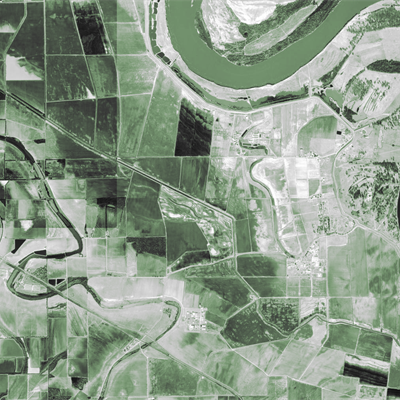Please be aware when registering, all times are in the Eastern Time Zone. Even for free events, you will need to click the "Proceed to Checkout" button and "Submit Order"
to complete your registration. If you do not receive an automated confirmation email, or if you have any questions about registration, please email
onlineseminars@saa.org.

Registration Closed!
Archaeological Application of Terrestrial Laser Scanning
When: October 26, 2017 2:00-4:00 PM ET
Duration: 2 hours
Certification: RPA-certified
Pricing
Individual Registration: $99 for SAA members; $139 for non-members
Group Registration: $139 for SAA members; $179 for non-members
Malcolm Williamson is a Research Associate with the Center for Advanced Spatial Technologies (CAST). He has been using mid- to long-range terrestrial laser scanners for heritage, architectural, and geological applications for over a dozen years. Williamson has worked on five continents at major sites such as Machu Picchu, Amarna, and Petra. In addition, he has project and teaching experience in airborne LiDAR and photogrammetry and has contributed to the development of laser scanning metadata “best practices”. As CAST’s projects have a broad variety of objectives and range from simple visualization to temporal documentation, to object extraction and classification, Williamson is well positioned to discuss the advantages and disadvantages of laser scanning compared to alternative approaches for a wide range of applications.
Terrestrial laser scanning is becoming cheaper, smaller, faster, and more common. Is it the right technology for your project? Terrestrial laser scanning has become reasonably commonplace in archaeology, yet many potential users (and even current users) are not comfortable in determining the best applications and most efficient workflows for this technology. This two-hour seminar will provide enough background information and practical tips to enable participants to better evaluate and apply laser scanning to their work. The seminar will provide a starting point for beginners and help experienced users feel more confident in their decisions.
- Better assess terrestrial laser scanning’s applicability to their needs;
- Become familiar with the current state-of-the-art technologies;
- Compare terrestrial laser scanning to alternative/complementary technologies; and
- Learn efficient workflows and practices.


